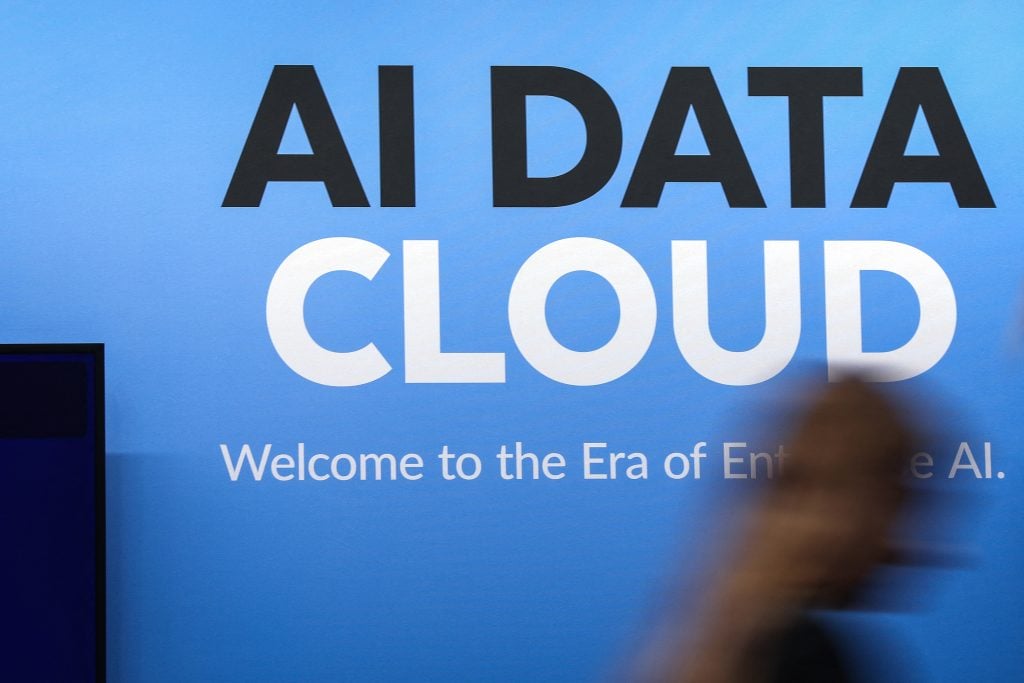Artificial Intelligence (AI) has the potential to be Africa’s greatest accelerator of development. As global leaders convene in Kigali for the inaugural Global AI Summit on Africa, the continent faces a pivotal choice: embrace AI to drive economic transformation and governance reform, or risk falling further behind in the global digital economy.
AI offers African nations a new development opportunity which does not depend on external aid, imported technologies or legacy infrastructure. Properly deployed, AI can help governments deliver services more efficiently, strengthen economies and create industries.
A new report by the Tony Blair Institute for Global Change – “Governing in the Age of AI: Unlocking a New Era of Transformation in Africa,” – highlights AI as a force multiplier for governance, growth and public-sector transformation with immense potential. AI-powered diagnostics could revolutionise healthcare access in rural areas, predictive analytics could optimise food supply chains, and AI-driven automation could streamline public services.
Realising this potential requires targeted investment and clear AI governance frameworks, Otherwise Africa risks being digitally dependent on foreign AI models that do not reflect its realities, languages, or priorities.
AI transformation hinges on strong foundational systems: high performance computing (HPC), accessible and interoperable data, and robust digital public infrastructure (DPI) comprised of digital identity systems, payments platforms, and data exchange systems.
These core enablers are currently fragmented across Africa. Without integrating AI into existing DPI initiatives, AI adoption will be slow, costly and uneven. AI without DPI is like building skyscrapers on sand.
Governments must therefore prioritise these systems to embed AI into the fabric of public service delivery. Africa’s DPI must be AI-native from the outset – designed to support automation, adaptability, and scalable innovation through seamless integration with AI technologies. This means building systems that are purpose-built for AI readiness, capable of handling large datasets, enabling real-time decision-making, and continuously evolving.
Equally critical is Africa’s relationship with its data. Much of the continent’s most valuable data – in finance, agriculture, health, and governance – is processed, and monetised elsewhere. Data is the digital gold rush of the 21st century, and Africa has contributed data to some of the most important global tech breakthroughs with little return. Governments should focus on ensuring local control where it matters most, fair participation in global AI ecosystems, and the capacity to shape AI models rather than consuming them.
This will require investing in training datasets that reflect local realities, setting clear data-sharing rules to prevent exploitation, and building local AI research capacity. Data governance should be driven by strategic choices: safeguarding sensitive national data, participating in cross-border collaborations where beneficial, and ensuring that Africa’s AI future is shaped by its own development priorities.
Compute capacity is a critical component for success. Without local data centres, domestic AI cloud services and regional AI compute networks, Africa will remain dependent on others for the tools that will increasingly govern economies and societies.
Africa’s AI revolution will depend on the strength of its talent. The continent has the world’s largest and fastest-growing youth population, yet AI education and research funding remain inadequate. Training AI professionals at scale means embedding AI literacy across the education system, from primary school upwards. Governments must also invest in AI industry creation, supporting African AI startups and incentivising global players to invest in talent, research, and infrastructure. Strategic procurement and public-private partnerships can help ensure that global collaboration supports local industry development.
AI’s greatest promise for Africa lies in public sector transformation. From automating tax collection to reducing procurement fraud and optimizing urban planning, AI can make governments more efficient, transparent, and responsive. Without strong ethical frameworks and regulatory oversight, AI could entrench biases, amplify inequalities, and erode democratic processes. Africa must define its own approach to AI governance or adopt outside models.
AI is not a silver bullet – it requires bold leadership, long-term investment and a strategy that balances immediate needs with long-term readiness. Governments must act decisively to embed AI into priority sectors like health, education, and agriculture while building the institutions and legal framework to use AI responsibly and inclusively.
Some governments may hesitate to invest in AI due to fiscal constraints and competing priorities, but AI is a development necessity. Delaying AI integration risks slowing growth, weakening Africa’s competitiveness, and deepening reliance on external technologies. Governments that invest in AI today will shape the industries and economies of tomorrow.
Africa doesn’t have to fund this transition alone. Public-private partnerships, sovereign AI investment funds, and innovative financing mechanisms like outcome-based financing models offer viable pathways. That is why TBI is proposing an AI Financing Compact for Africa: a structured framework aligning AI investment with national development priorities and concessional financing, to help governments take their first steps using tools they already understand.
This week’s Global AI Summit on Africa must be remembered as the moment Africa took decisive action – moving from frameworks to execution, from being passive adopters of AI to active creators and from the margins of the AI revolution to its centre. The world is not waiting. Neither should Africa.
The report is available here: Governing in the Age of AI: Unlocking a New Era of Transformation in Africa
Crédito: Link de origem


